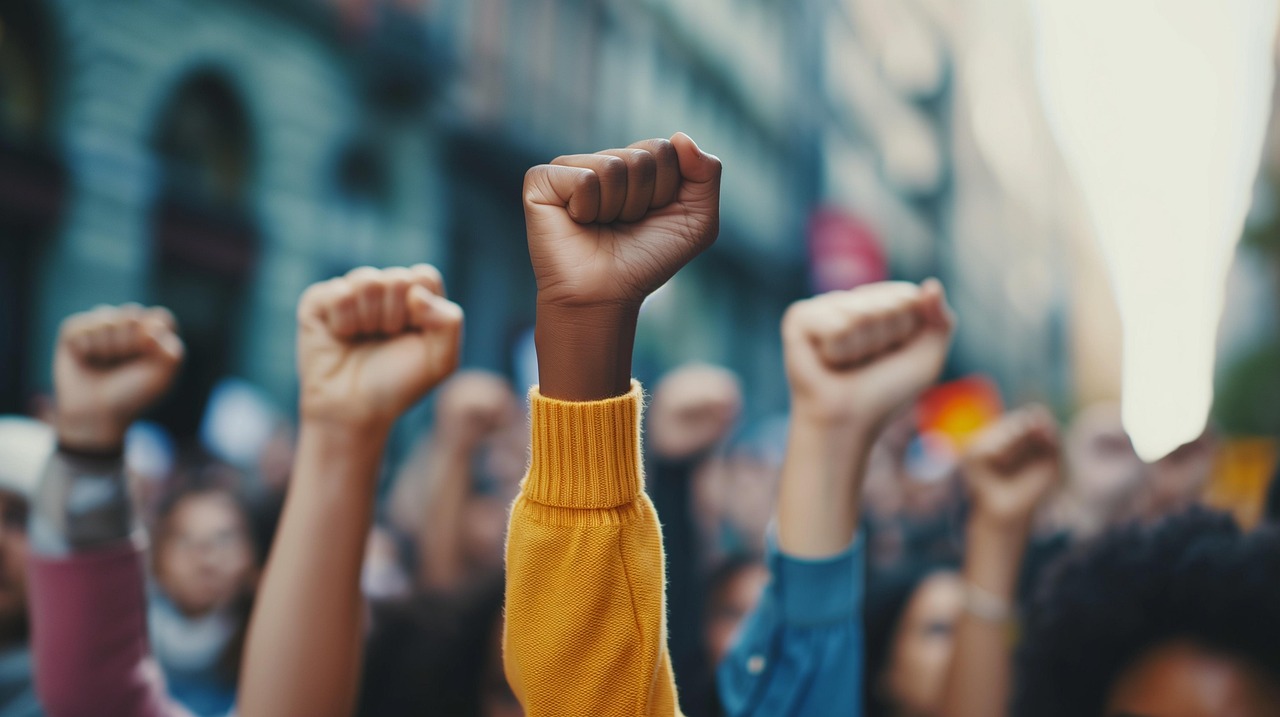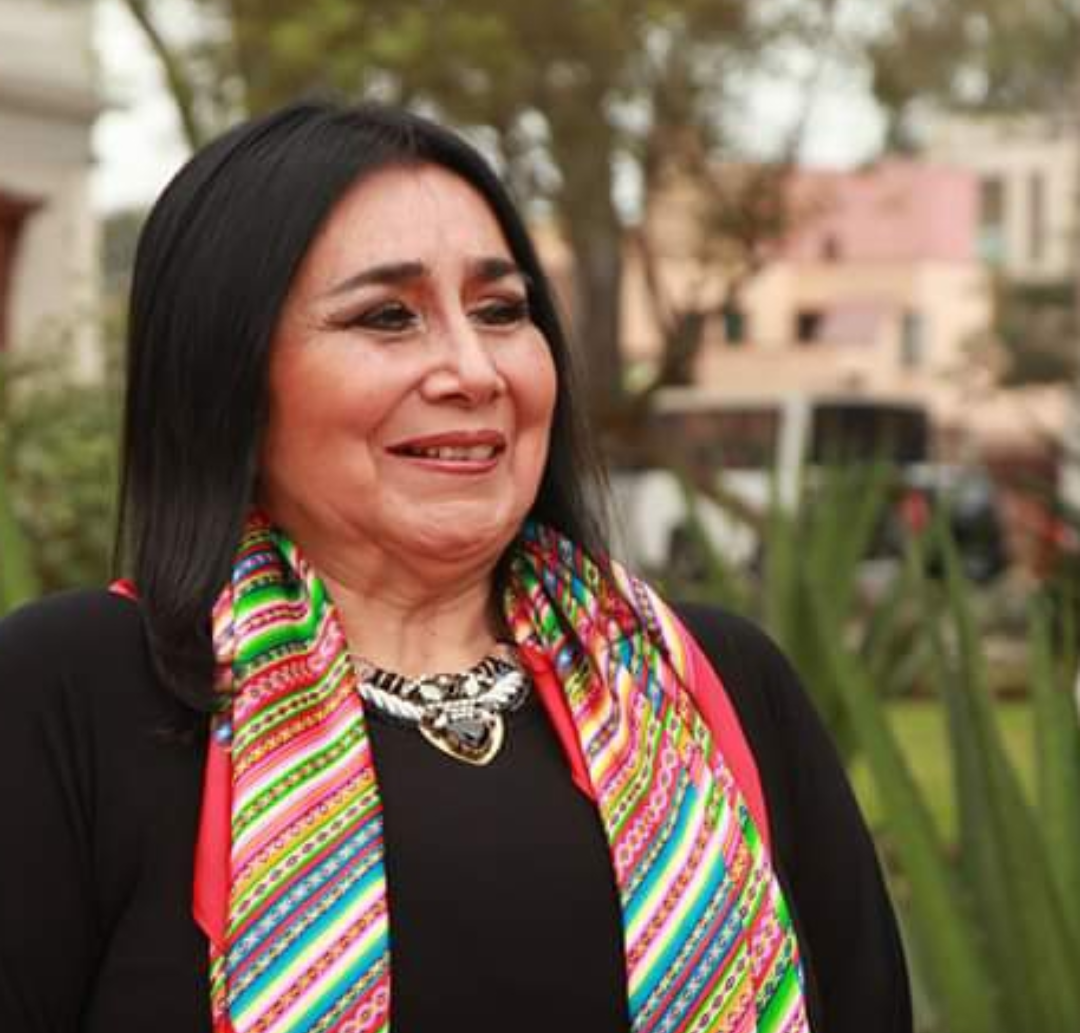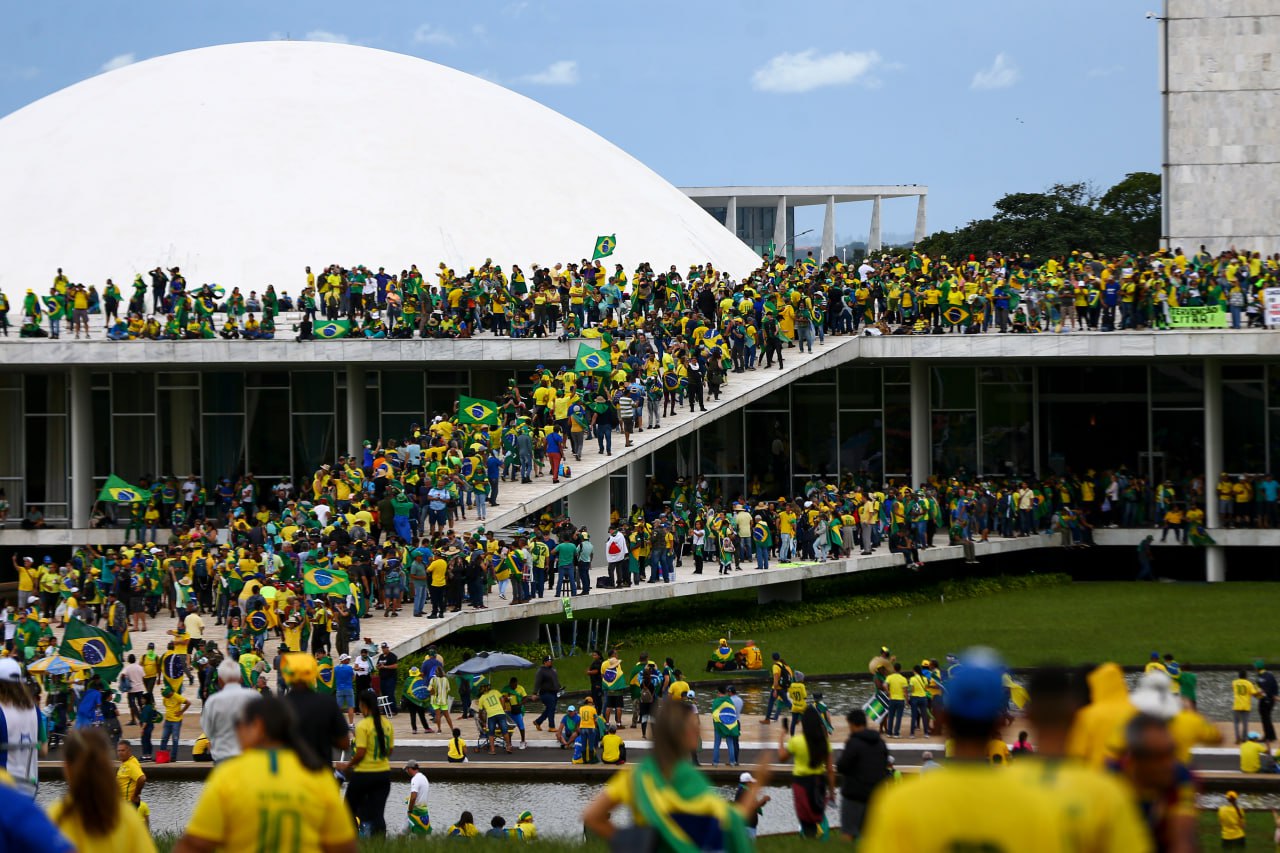Bangladesh: Young people are central to the country's political transition

In a period of a few weeks, Bangladesh has just experienced what could become a major political turning point, the root of which is the strong actions taken by Bangladeshi youth against the quota system put in place by the government for access to public service jobs.
In 2018, thousands of young people had already pressured the government to abolish this quota system, which reserves public sector positions for descendants of freedom fighters from the 1971 Liberation War against Pakistan, and for certain minorities. Little by little, this system was taken over and monopolized by the supporters of the ruling party, the Awami League. Sheikh Hasina, the country’s prime minister since 2009, eventually gave in to the student movement’s demand for merit-based allocation of these jobs.
On June 6, the country’s High Court returned to the issue of quotas following a petition filed by descendants of Freedom Fighters and once again ruled in favor of this policy, triggering a wave of protests throughout the country. The student movement is at the heart of this effort, starting at the University of Dhaka, before spreading to public and private universities throughout the country. The movement was initially peaceful, but government repression caused a tragic turn. The police and a paramilitary group close to the ruling party opened fire on protesters, and arrests and torture have taken place. It is estimated that around 400 people were killed[1], including more than 32 children[2].
The Bangladeshi state’s reaction has only intensified the revolt, despite the restrictive measures imposed (water and electricity cuts in universities, internet shutdown, curfews, etc.). Between 3 and 5 August, the student movement organised a whole series of actions (calls for demonstrations, marches, occupations) that led Prime Minister Sheikh Hasina to flee the country on 5 August. His departure gave rise to a rather unprecedented situation in the country: the police administration broke its chain of command and the students began to ensure order in the street, control traffic, etc.
On the political level, the leaders of the protest quickly demanded that their voices be heard. They were consulted and were able to draw up a list of people who could handle the interim period. Muhammad Yunus was one such nominee. He is a Nobel Peace Prize winner and long-time opponent of the ousted former prime minister. Since his entry on 9 August, he confirmed his desire to restore public order and carry out reforms in the economic and education sectors. Many government and administration employees were dismissed or forced to retire if they had been given their jobs due to their support for the ruling party and used their positions to benefit the party. The international community quickly assured its support for this new government.
The quota issue has set off a powder keg. Since the beginning of Sheikh Hasina’s term in 2009, the economic and social situation of young people and of the general Bangladeshi population has deteriorated sharply: young people make up 52% of the country and 42% of them are unemployed. Human rights violations have increased, inflation has skyrocketed, and freedom of press and opposition have been severely muzzled. The appointment of this interim government has therefore created a lot of expectation and hope in the country.
Political instability has led to a lot of violence. In the international media, there have been reports of violent attacks on the Hindu community. Without denying this phenomenon of violence targeting the Hindu community, which is a legitimate fear, Thanapara Swallows stresses that we must remain cautious about these statements: “After the news of the resignation of the government spread, various incidents of violence occurred in different parts of the country. But amid all that violence, many fake posts spread on social media. Where it is claimed that massive persecution of Hindus has started in Bangladesh. But several fact checkers feel that the social media posts have given the issue a communal color rather than a political one. ‘BBC Verify’ believes that the widespread violence created fear in the minds of the minority Hindu community. Apart from this, rumors were also spread that the student-protesters were ‘Islamic fanatics'”.
Indeed, as the BBC explains, many real incidents and attacks have taken place throughout the country, but it is difficult to determine if the motives are religious or political. The two are closely linked since the Hindu minority is widely considered to be a supporter of the Awami League, Sheikh Hasina’s party. According to the Emmaus group, the interim government of Bangladesh has set up an emergency telephone line since 9 August to respond to the requests of minorities who are victims of violence.
What is the role of Emmaus groups in Bangladesh and what is the impact on their activities?
During this period of revolt, almost the entire country was cut off because of curfews and telecommunications cuts. In general, the NGO sector has given its full support to the demands of the student movement. A crucial issue in coming years will be the creation of merit-based job opportunities and developing the country by giving opportunities to young people in all fields, including the economy, education and social security. This is also one of the missions of the Thanapara Swallows Development Society group (technical training, financial support for young people, etc.). Thanapara Swallows hopes that this government will bring positive reforms to the country: “The interim government includes several NGO representatives. This shows that NGOs play an important role in the economic and social development of the country and encourages us to expand our actions. We expect the transitional government to establish an inclusive and pluralistic democracy and to create an environment conducive to free, fair and participatory elections in order to guarantee and protect democracy.”
For Pollee Unnyon Prokolpo (PUP), another Emmaus association in Bangladesh, it is important to note that this movement has been carried out by both students and grassroots masses, which suggests significant developments for the country: “People are optimistic to have a reformed country where there will be freedom of opinion, corruption free government institutions, good governance and political influence free judicial division. People are also looking forward to having a syndicate free marketing of all necessary commodities and service delivery systems. From the NGO aspect, our expectations are to have a corruption, bribery & extortion free administration, so that the NGOs can work smoothly without any hassles and harassment.”
The country is now waiting for the transitional government to keep its promise to hold truly free and democratic elections, allowing every citizen to make informed choices, with the hope of seeing fundamental reforms for a true democratic transition.
[1] This figure has certainly changed since the date the article was written
[2] according to UNICEF


